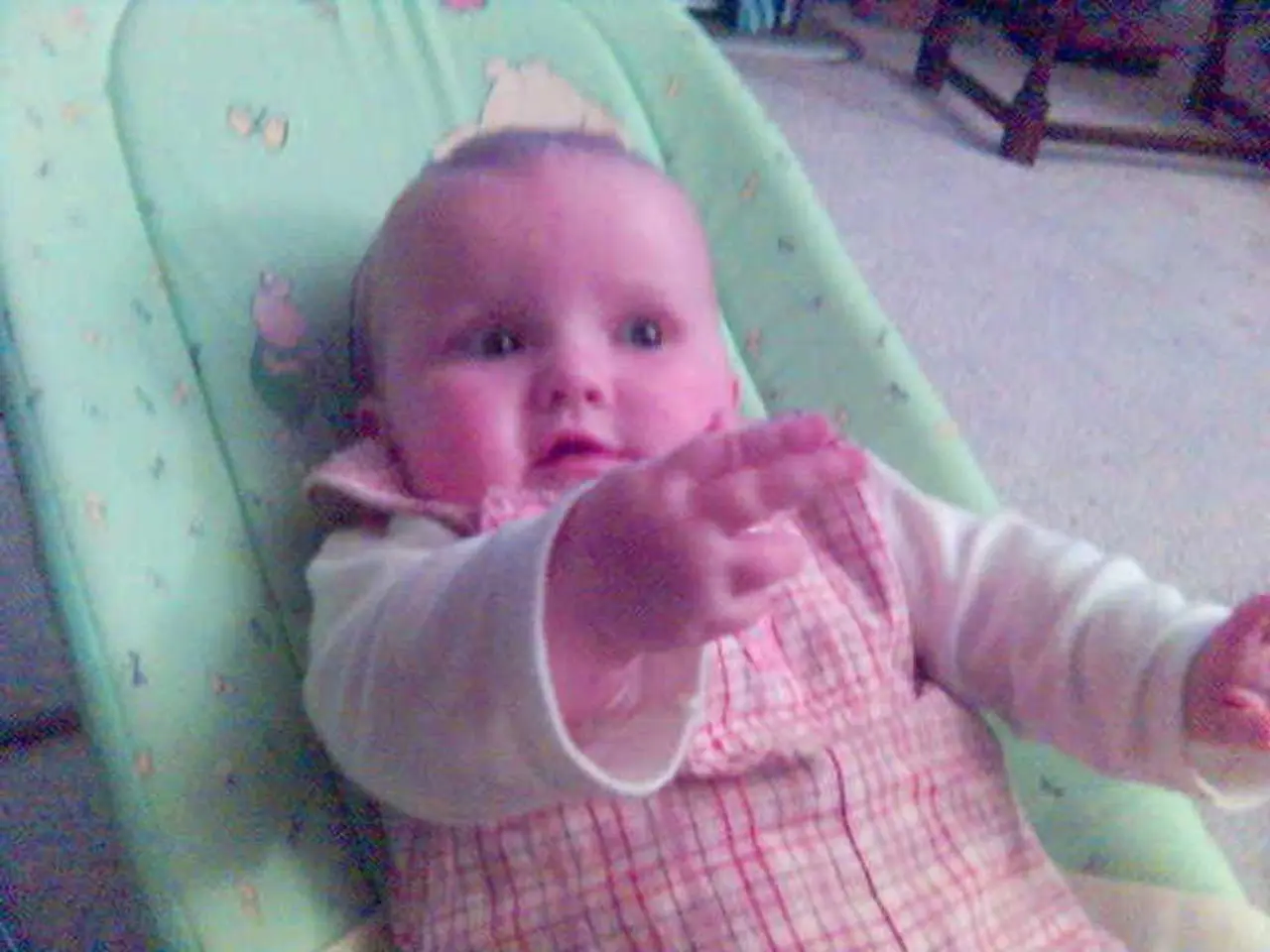Understanding Body Checking: Symptoms, Ways to Lessen It, Frequently Asked Questions, and Additional Information
Eating disorders, such as anorexia nervosa, are complex mental health issues that often involve cognitive, affective, and behavioral symptoms. Common manifestations include strict control over calorie intake and food types (food restriction), a distorted perception of one's own body shape or size (body image disturbance), frequent weighing, mirror checking, or pinching to assess body changes (body checking), anxiety, depression, and obsessive thoughts about food or appearance (emotional signs), and avoiding social events involving food, excessive exercise, or developing rigid eating rituals (behavioral signs).
The Link Between Body Checking, Eating Disorders, Anxiety, and Internalized Weight Bias
Body checking, a behavior that involves repeatedly seeking information about one's body shape, size, or weight, can reinforce eating disorder behaviors by strengthening cognitive distortions about body shape and self-worth. It also fuels anxiety and deepens body dissatisfaction, maintaining disordered thoughts.
Anxiety disorders are common among individuals with eating disorders, contributing to fear and preoccupation with weight or appearance. Anxiety can exacerbate body image concerns and rigid behaviors in eating disorders.
Experiencing weight stigma is linked to poor mental health outcomes, including increased risk of anxiety, depression, and psychological disorders. Internalized weight bias can lead to negative self-perception and low self-esteem, contributing to the development of eating disorders.
Interconnections
Both body checking and internalized weight bias involve distorted self-perceptions and heightened anxiety, which can drive eating disorder behaviors. Social media and societal pressures can exacerbate body image concerns, fostering environments where internalized weight bias thrives, contributing to eating disorders.
Seeking Help and Support
If someone is concerned about their body checking behavior, they should speak with a healthcare professional for further guidance and support. Resources such as the National Eating Disorders Association (NEDA), the National Alliance for Eating Disorders, the National Association of Anorexia Nervosa and Associated Disorders, and F.E.A.S.T. are available to those dealing with eating disorders. Early intervention and treatment greatly improve the likelihood of recovery.
Body checking may range from mild to debilitating and can severely affect a person's mental health. To reduce body checking, someone may self-monitor triggers, engage in stimulus control training, express gratitude for their body, restructure distortions in their thoughts, and seek enhanced cognitive behavioral therapy.
[1] Ogden, J. S., et al. (2010). Prevalence of eating disorders in the United States. Pediatrics, 126(4), 646–653. [2] Puhl, R. M., & Brownell, K. D. (2001). Weight bias internalization: An understudied contributor to weight-related health disparities for obese individuals. Obesity Research, 10(4), 378–384. [3] Grilo, C. M., et al. (2009). The relationship between anxiety and eating disorders. Current Psychiatry Reports, 11(3), 186–192. [4] Cash, T. F., & Smolak, L. M. (2009). Body image in adolescence and young adulthood: Developmental and cultural considerations. Journal of Adolescent Health, 44(3 Suppl), S1-S9. [5] Thompson-Brenner, H. L., et al. (2014). Body checking and eating disorders: A systemic review. International Journal of Eating Disorders, 47(1), 1–11.
- Eating disorders, like anorexia nervosa, share commonalities with anxiety disorders, as both often involve distorted perceptions of body shape and size, obsessive thoughts about food or appearance, and heightened levels of anxiety.
- Body checking, a repetitive behavior that seeks information about body shape, size, or weight, can intensify eating disorder behaviors and fuel anxiety, reinforcing cognitive distortions about body shape and self-worth.
- Internalized weight bias, the acceptance and application of negative weight-related stereotypes to oneself, can lead to negative self-perception, low self-esteem, and poor mental health outcomes, including increased risk of anxiety, depression, and psychological disorders.
- Seeking help and support from healthcare professionals is crucial in addressing body checking behaviors and eating disorders. Organizations such as the National Eating Disorders Association offer resources and guidance for individuals dealing with these issues.




